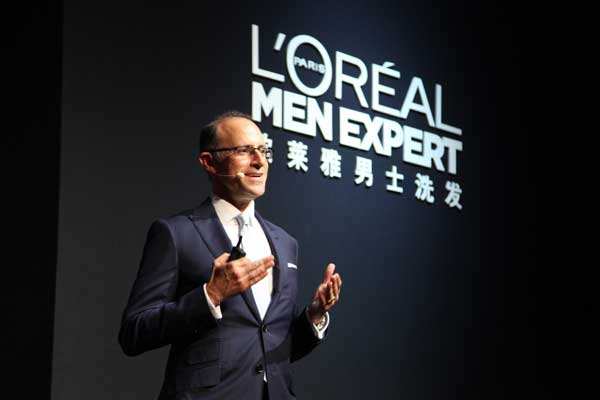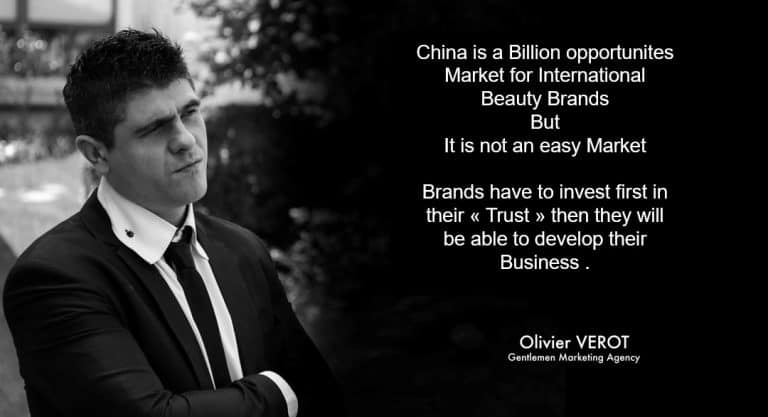It is reported that China’s retail sales of consumer goods will exceed 40 trillion yuan this year, which means that China is on the verge of overtaking the United States as the world’s largest consumer market. The world bank report showed that China’s marketing environment ranked 31st in the world. The huge potential attracts international brands to join the Chinese market, especially the beauty market.
International brands are facing pressure from Chinese brands

L ‘Oreal, one of the world’s largest beauty groups, has benefited from the Chinese market. L ‘Oreal grew 33% last year, and China has become its second-largest market in the world.
However, with the improvement of Chinese manufacturers’ and suppliers’ self-consciousness and brand awareness, domestic beauty brands with high quality and low prices are rapidly rising with the advantage of social e-commerce, and the market dominated by international brands is under great threat.
Chinese brand “Perfect Diary” surpassed l ‘Oreal and Estee Lauder to become the sales champion at the T-mall double eleven shopping festival, with a year-on-year increase of 361%. It’s worth noting that l ‘Oreal and Estee lauder are respectively 112 years old and 73 years old, but “Perfect Diary” ’s T-mall store is only two years old.
The reason for the rise of Chinese beauty brands

Chinese brands can catch up with international brands by relying on a solid production chain, supply chain and omnichannel, which is China’s accumulated “new infrastructure”.
Emerging cosmetics brands need to control their core competencies, such as user insight, user connectivity, and quality service. And the promotion of young users’ confidence in domestic brands is also the key to promote brand growth.
Faced with the brand influence of traditional brands and international brands, domestic brands choose to build hot style products through the advantages of traffic and big data, so as to cover more consumers and improve their incremental market. However, what needs to be vigilant is whether the products meet the needs of consumers. Young consumers are less and less loyal to the brand, and the abundant market choices make them more inclined to purchase after comparison.
Conclusion
In the era when social media dominates consumer buying behavior, relying solely on brand influence can no longer impress Chinese consumers. Emerging cosmetic brands in China will face greater challenges in 2020. How to expand the market beyond brand influence and make steady progress through reasonable financing are the key.



1 comment
bianca
Beauty brands are really well welcomed in China. New brands could only focus on this market and succeed more than it would in their own market!
It’s true that Chinese people love beauty products or skincare products imported from aboard, they are seen as high-end quality products and some products can quickly be sold out. Using adequate platforms as red can only help them!